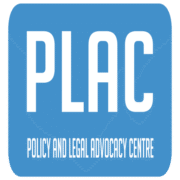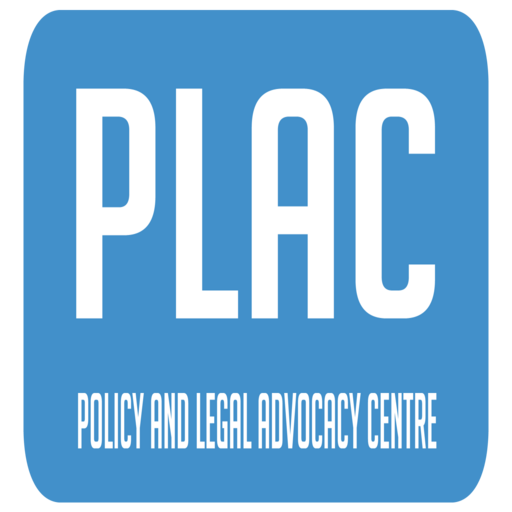The Policy and Legal Advocacy Centre (PLAC), alongside prominent legal experts and international partners, has renewed calls for the National Assembly to urgently pass the Special Seats Bill, describing it as a “democratic imperative” crucial to addressing Nigeria’s abysmally low level of female representation in governance.
At a high-level webinar convened by PLAC with support from the European Union (EU) and the Inter-Parliamentary Union (IPU), speakers underscored the growing momentum behind the bill, which seeks to create temporary additional legislative seats for women in the National and State Houses of Assembly. The initiative aims to correct Nigeria’s historic gender imbalance and align the country with global best practices.
PLAC Executive Director, Clement Nwankwo, revealed that sustained advocacy efforts are gradually winning over skeptical lawmakers. He recounted a recent engagement with a senator who shifted his stance after understanding the bill’s objectives.
“By the time we finished speaking, his question was, ‘In principle, this is not a bill anybody should object to… what would be the modalities?’” Nwankwo said, noting that advocates are intensifying outreach to all 469 members of the National Assembly.
He praised the collaborative work of numerous Nigerian advocacy groups and lauded the support of international partners, including the UK’s Foreign, Commonwealth & Development Office (FCDO), UN Women, and the UNDP, in advancing gender-inclusive governance.
Legal scholar and constitutional consultant, Professor Joy Ezeilo (SAN, OON), described Nigeria’s situation as “deeply concerning,” noting that the country lags behind many African peers in promoting women’s political participation.
“It’s been a Herculean task trying to achieve inclusion in the Constitution that reflects Nigeria’s international obligations,” Ezeilo remarked.
Backing this position, Professor Drude Dahlerup, an international expert on gender electoral quotas, highlighted that Nigeria currently ranks among the lowest in the world, with women holding only 3% of Senate seats and 3.9% in the House of Representatives. She emphasized that over half of all countries now employ some form of gender quota system, with constitutionally reserved seats proving most effective in societies with deep-rooted patriarchal norms.
Adding a comparative perspective, Dr. Ali Al-Nuaimi of the United Arab Emirates Federal National Council shared his country’s success in achieving 50% female representation in parliament and 29% in the cabinet, attributing it to strong leadership and respectful engagement with cultural and religious institutions, an approach he suggested Nigeria could emulate.
Despite the legislative hurdles requiring a two-thirds majority in both chambers and approval from at least 24 state assemblies, advocates insist the time for action is now.
“This is not a loss for men but a victory for a more inclusive and representative Nigeria,” Nwankwo affirmed, expressing optimism that continued advocacy would translate into concrete legislative support in the coming weeks.
The forum featured distinguished speakers including Prof. Drude Dahlerup (IPU Expert, Stockholm University), Dr. Ali Al-Nuaimi (Member, UAE Federal National Council), and Prof. Joy N. Ezeilo (SAN, OON), Dean Emeritus of Law, University of Nigeria.


